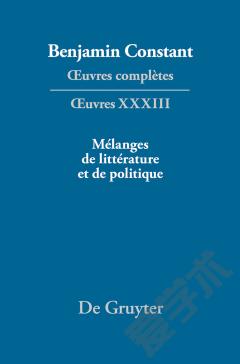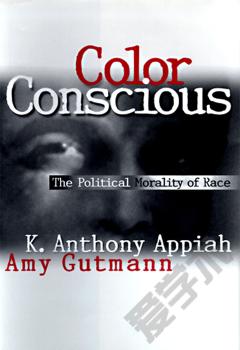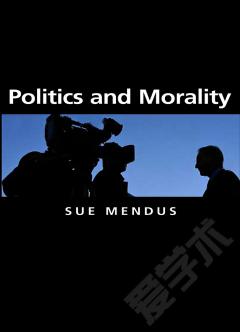Race and the Politics of Solidarity
Solidarity--the reciprocal relations of trust and obligation between citizens that are essential for a thriving polity--is a basic goal of all political communities. Yet it is extremely difficult to achieve, especially in multiracial societies. In an era of increasing global migration and democratization, that issue is more pressing than perhaps ever before. Political theorists have long wrestled with the topic, but they have typically addressed it from within the framework of liberal theory: How can a multicultural and multiracial polity, with all of the different allegiances inherent in it, be transformed into a unified, liberal one? Juliet Hooker flips this question around. Difference, she argues, is inevitable in multiracial societies, and liberalism offers inadequate prescriptions for making it less divisive. Instead, the social fact of difference itself should be the starting point: How can we create political solidarity when multiracialism and multiculturalism is more or less permanent? Unlike most liberal theorists, who focus on nationality and culture, Hooker stresses the differences produced by race, and explores the role that it plays in both the United States and Latin America. Coming to terms with the lasting power of racial identity, she contends, is the starting point for any political project attempting to achieve solidarity.
{{comment.content}}








 京公网安备 11010802027623号
京公网安备 11010802027623号